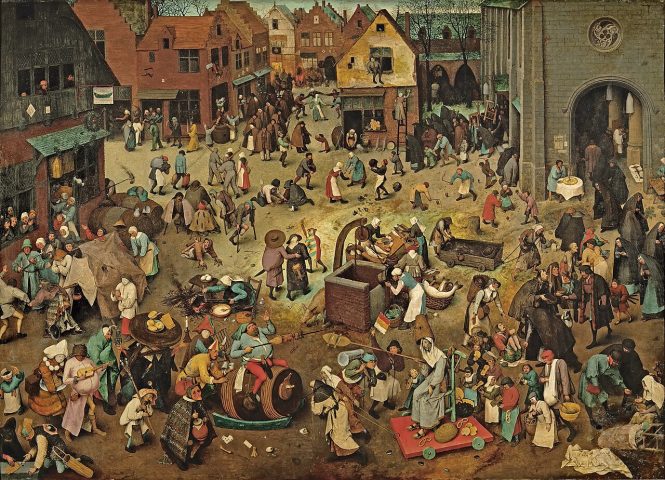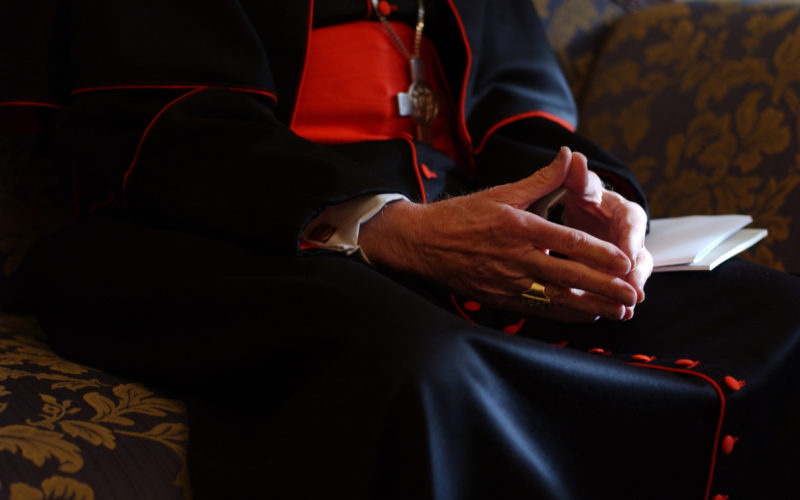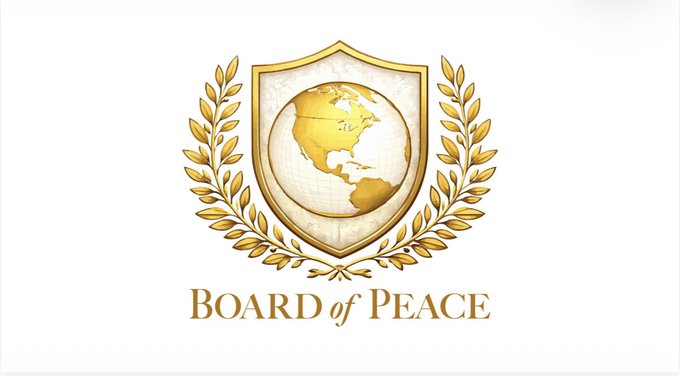Christ as the Center of Culture, by Regis Martin

Leo XIV and the Legacy of Leo XIII: A Name That Bears a Vision, by Shaun McAfee
May 10, 2025
10 Critical Issues Facing the Next Pope, by Edward Pentin
May 10, 2025
Artist: Pieter Brueghel the Elder (1526/1530–1569). Title: The Fight Between Carnival and Lent. Public domain
By Regis Martin, Crisis Magazine, May 10, 2025
Regis Martin is Professor of Theology and Faculty Associate with the Veritas Center for Ethics in Public Life at the Franciscan University of Steubenville. He earned a licentiate and a doctorate in sacred theology from the Pontifical University of St. Thomas Aquinas in Rome. …
The incarnation is the model, par excellence, of Catholic Christendom. Christ came to establish His Church here, in our midst.
Editor’s Note: This is the second in a series on Catholic culture.


 I begin with the following proposition. It is one which, among committed Christians certainly, may be taken as a given, as axiomatic. Not a statement of fact, mind you, as in the sum of two plus two will always be four. It is instead a statement of value, the certainty of which is hardly a function of arithmetic. It depends rather on revelation, as in Divine Revelation, the truth of which derives not from man but from God. And what is this proposition? It is, quite simply, that Jesus Christ remains absolutely central to the life of the Church and, indeed, to the whole created order of the universe.
I begin with the following proposition. It is one which, among committed Christians certainly, may be taken as a given, as axiomatic. Not a statement of fact, mind you, as in the sum of two plus two will always be four. It is instead a statement of value, the certainty of which is hardly a function of arithmetic. It depends rather on revelation, as in Divine Revelation, the truth of which derives not from man but from God. And what is this proposition? It is, quite simply, that Jesus Christ remains absolutely central to the life of the Church and, indeed, to the whole created order of the universe.

